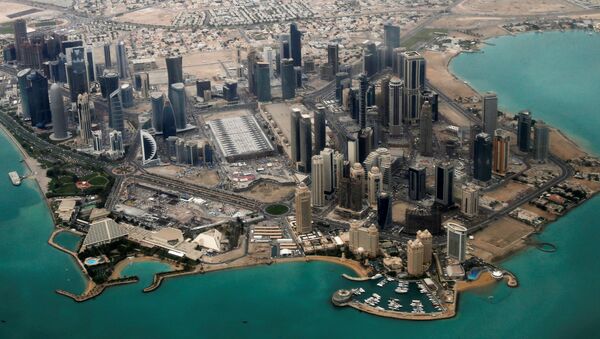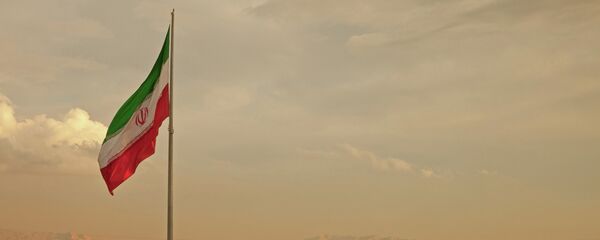WASHINGTON (Sputnik) — The United States is urging Qatar and Arab states to exercise restraint after Kuwait handed Doha a list of demands that Gulf nations want fulfilled to resolve the diplomatic rift in the region, a State Department spokesperson told Sputnik on Friday.
"We understand the Kuwaitis, in their mediation capacity, have delivered a list of demands to the Qataris. We encourage all parties to exercise restraint to allow for productive, diplomatic discussions," the spokesperson stated.
In the ultimatum that Kuwait delivered to Qatar on Friday, Saudi Arabia, Bahrain, the United Arab Emirates and Egypt demanded that Qatar reduce ties with Iran, halt military cooperation with Turkey and shut down its Al-Jazeera TV channel, media reported.
The Financial Times, which saw the 13-point list, said Qatar has been given ten days to comply with the requirements, which include the immediate shutdown of the Turkish military base on its soil and the Doha-based Al Jazeera as well as affiliated channels.
Other conditions include publicly denouncing relations with Islamist groups, an end to terror financing and the handover of people designated as terrorists by Saudi Arabia, the UAE, Bahrain and Egypt.
On June 5, Bahrain, Saudi Arabia, Egypt and the United Arab Emirates severed diplomatic relations with Qatar. The states accused Qatar of supporting terrorist groups, particularly the Muslim Brotherhood terrorist movement, as well as of interfering in other countries' domestic affairs. Libya made a similar decision. Yemen cut diplomatic relations citing Doha's links with Houthis. The Maldives took the same step, citing extremism and terrorism concerns. Mauritius joined the boycott. Mauritania broke off diplomatic ties with Qatar while Jordan downgraded ties with the country on June 6. The Comoros joined the campaign on June 7, as well as Djibouti.
The Qatari Foreign Ministry rejected the accusations of Doha's interference in other countries' domestic affairs and expressed regret over the decision of the Gulf States to cut off the diplomatic ties with it.
However, Riyadh, Abu Dhabi and Manama considered this refutation to be unconvincing and continued to insist that the words about the normalization of relations with Iran really belonged to the emir.
The relations between Iran and the Arab states of Persian Gulf, especially Saudi Arabia, are strained due to the differences of positions on a range of regional conflicts.




